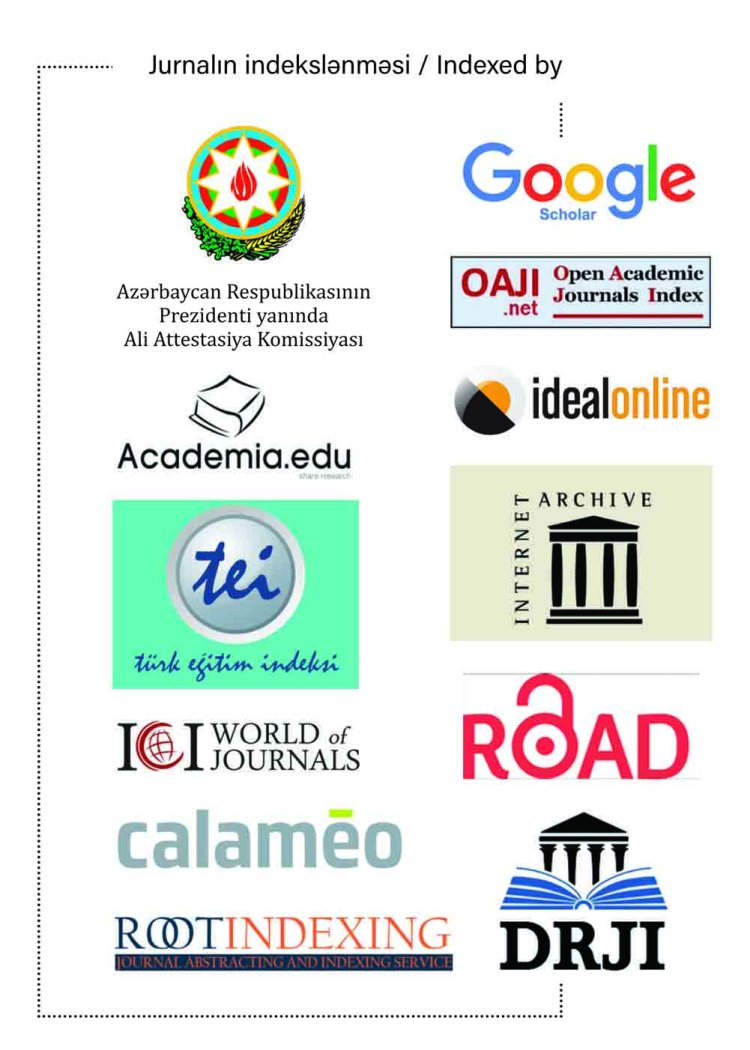THE ROLE OF INFORMATION AND COMMUNICATION TECHNOLOGIES IN ENSURING THE QUALITY OF EDUCATION AT THE MASTER’S LEVEL
LALA ALLAHVERDİYEVA
In the modern era, new and additional impacts of information and communication technologies on the development of master’s students are being observed. Currently, factors such as the increase in the acquisition and transmission of information attributed to these effects, online teaching and learning, practice-based training, the establishment of communication and collaboration, extensive teaching opportunities, self-development, and learning are relevant. This article defines the primary goal of the elective course ‘Computer Technology in Science and Education’, taught at the master’s level, and highlights its content. Furthermore, many effective aspects of using information and communication technologies in the teaching process at this higher education level have been identified, and the opinions reflecting the content are included. The requirements for the use of information and communication technologies by modern teachers, who play a special role in preparing master’s students, change according to modern education standards and experience. The article also discusses the skills that future educators at the master’s level should acquire to use information and communication technologies, and the competencies that should be formed in them based on the educational program. These competencies are valued as a way for students to organize their work in the information space, ensure quality activities, and most importantly, develop professionalism. The most frequently mentioned skills among these requirements are noted, and their content is defined.




